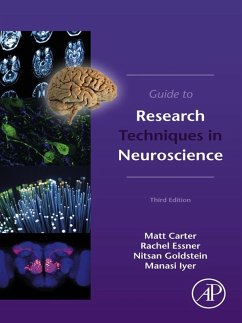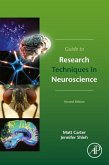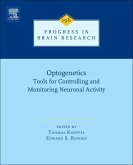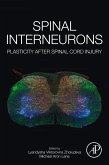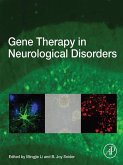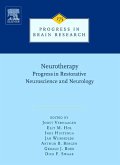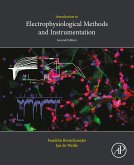- Nearly 200 updated full-color illustrations to clearly convey the theory and practice of neuroscience methods
- Expands on techniques from previous editions and covers many new techniques including in vivo calcium imaging, fiber photometry, RNA-Seq, brain spheroids, CRISPR-Cas9 genome editing, and more
- Clear, straightforward explanations of each technique for anyone new to the field
- A broad scope of methods, from noninvasive brain imaging in human subjects, to electrophysiology in animal models, to recombinant DNA technology in test tubes, to transfection of neurons in cell culture
- Detailed recommendations on where to find protocols and other resources for specific techniques
- "Walk-through" boxes that guide readers through experiments step-by-step
Dieser Download kann aus rechtlichen Gründen nur mit Rechnungsadresse in A, B, BG, CY, CZ, D, DK, EW, E, FIN, F, GR, HR, H, IRL, I, LT, L, LR, M, NL, PL, P, R, S, SLO, SK ausgeliefert werden.

